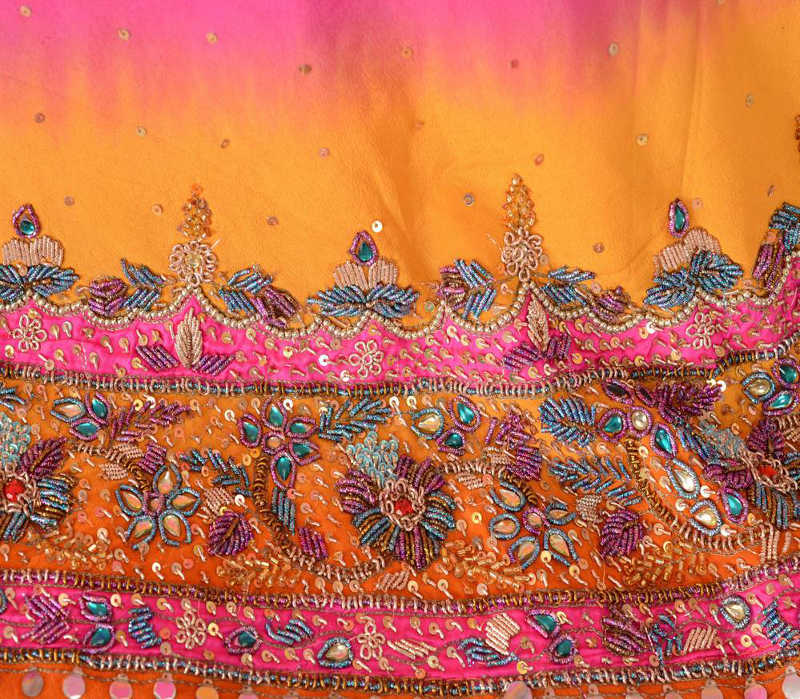===
0263,
8
===

=== |
 |
tafrah : 'Pride; affected magnificence'. (Platts p.329)
tafrah : 'A leap, upward spring'. (Steingass, p.816)
t̤ūr : 'A mountain; Mount Sinai'. (Platts p.754)
phalāñg : 'A long stride; a leap, jump, spring, bound'. (Platts p.288)
FWP:
SETS == GRANDIOSITY
MOTIFS
NAMES == TUR
TERMS == FRESH WORDThe prose order of the second line would seem to be: varnah ham bhī dauṛ ( kar ) phalāñg ( kar ) jāte . ('If we truly had the power that we wrongly and foolishly pride ourselves upon, we wouldn't even have to climb our particular Mount Tur-- with all the risks of the peak appearing always at the same distance, no matter how high we climb (as in {236,7}). Instead, we'd just take a running jump (or a flying leap?) right over it.')
Moreover, legitimate and illegitimate forms of pride are alike imagined in Urdu as lifting themselves up, or raising their heads high-- as in these examples (Platts p.648):
sar-buland : 'Having the head raised high, exalted, eminent, glorious, excellent'
sar-farāz : 'Having the head raised; exalted, eminent, distinguished, honoured
sar-kash : 'Rearing the head, refractory, rebellious... ; obstinate; proud, arrogant, insolent'This general metaphoric tendency serves to frame 'pride' as carrying one's head (too) high, like a tall mountain that overtops all lower hills; this framing further strengthens the imagery of the verse-set. And of course, in Persian tafrah means 'leap' (see the definitions above).
The question of the bhī remains piquant. Since Hazrat Musa didn't take a flying leap over Mount Tur, who would be the original, successful high-jumper whom we might be tempted to emulate?
The verse also deserves 'fresh word' credit, as SRF notes, for the extremely rare tafrah .